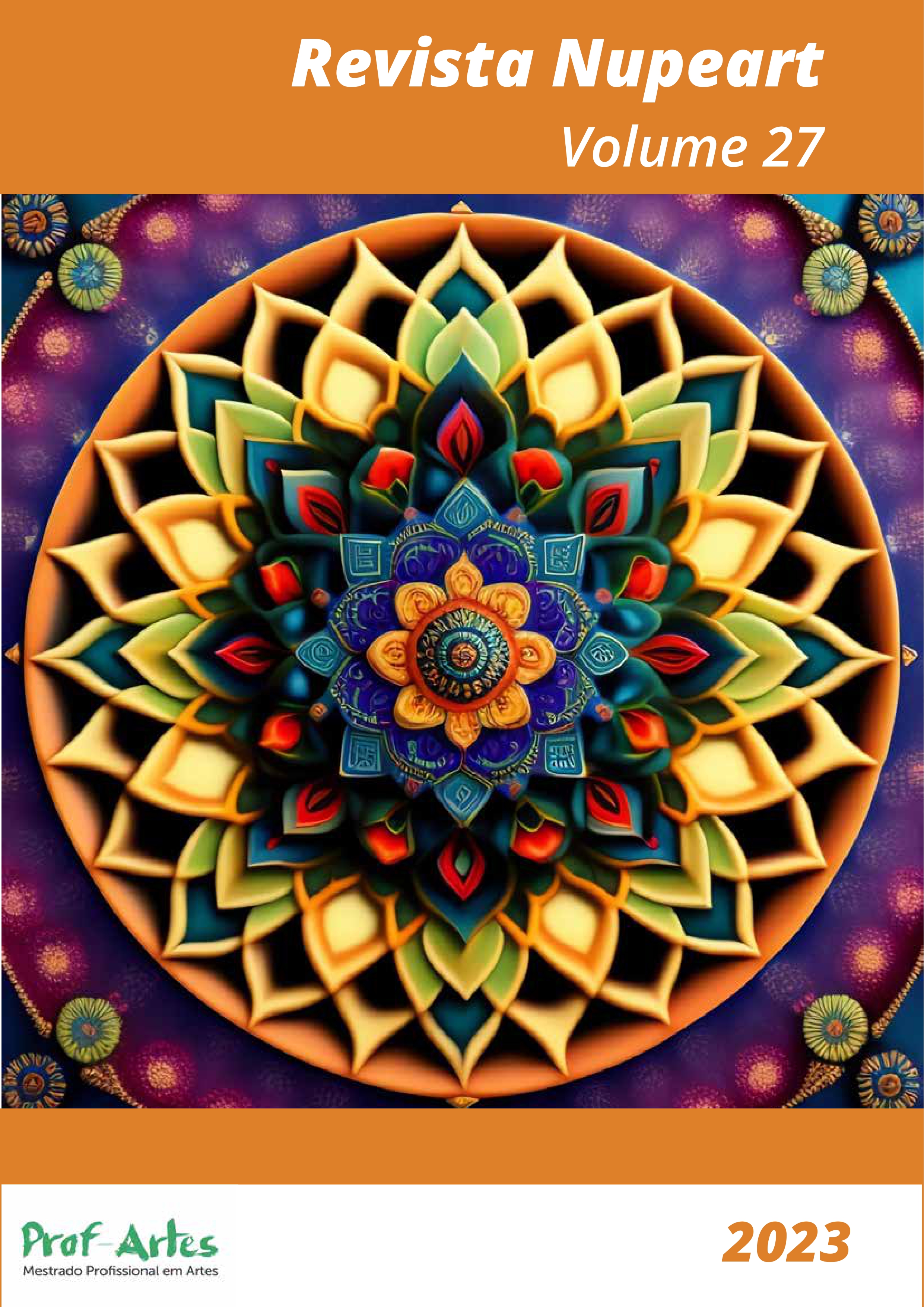
Dossier que recoge reflexiones sobre cómo acercarse a las pedagogías humanistas que se están elaborando actualmente, con el deseo de llevar a cabo una reconstrucción de la práctica pedagógica contemporánea en las Artes, híbrida y anticolonialista.
UNIVERSIDADE DO ESTADO DE SANTA CATARINA
www.udesc.br
CENTRO DE ARTES
www.udesc.br/ceart
Av. Madre Benvenuta, 2007 - Itacorubi
Florianópolis - SC
CEP: 88.035-001
revistanupeart.ceart@udesc.br
ISSN: 2358-0925
Este site utiliza cookies para melhorar a sua experiência e coleta dados de acesso pela ferramenta Google Analytics e pela plataforma Open Journal Systems.